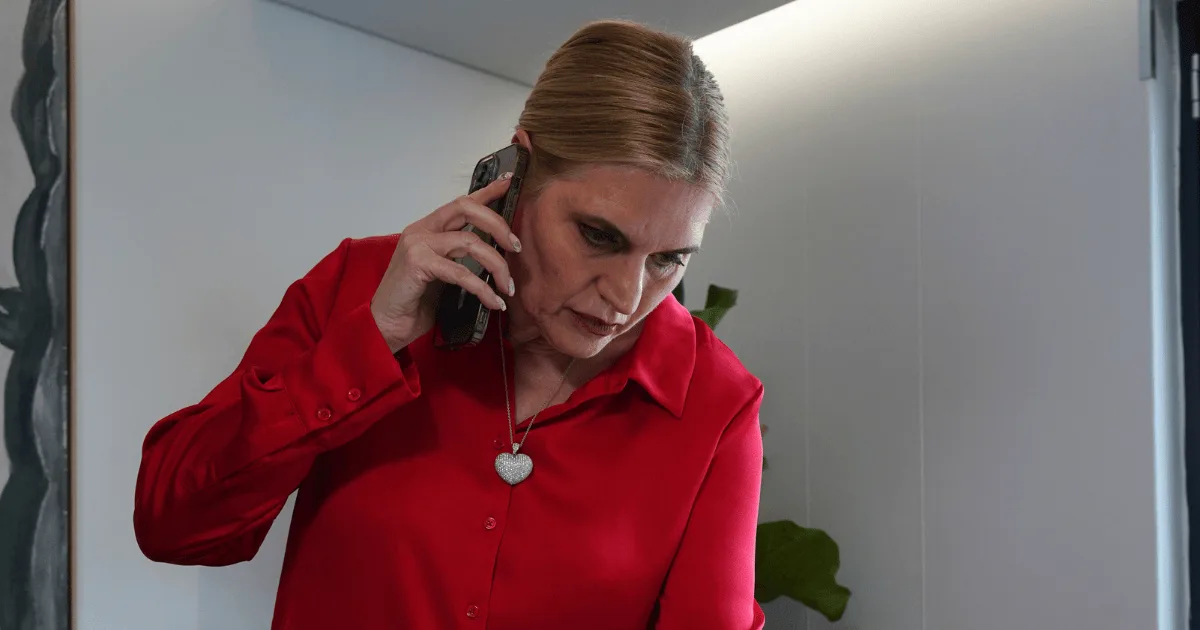Money is a huge factor in life and especially in marriage, it is one of the most common reasons for divorce or for issues in marriage, which most of the time could be avoided if it had been dealt with better or if the other spouse had been more truthful from the start.
Whether you’re in a new relationship and now have to face making joint financial decisions, or have been with your partner for a while and find money is often a source of friction, help is at hand. Here are a few points on how to handle finances harmoniously, if you and your partner or spouse can commit to getting to grips with your finances together it can become a great foundation in your relationship.
Talk about what money means to you
We all have an attitude towards money and it’s not uncommon for one partner to be more careful with money while the other is more carefree. This is a breeding ground for conflict – conflict that can only be avoided through communication and planning.
Broaden your knowledge of money matters so you can have the conversations you need to have. Talk about how your attitudes differ.
Acknowledge that you need to figure out how you’re going to manage your investments so both of you can sleep soundly at night. Your approach to money determines how much risk you can tolerate, and it can cause a real problem if one partner is too risk-prone or too risk-averse.
Your attitude to money affects so many things – how much debt you choose to get into, how you handle differences in income and how much responsibility you take for extended family.
These are all issues that can cause problems in relationships and can only be addressed once you understand each other’s approach to money.
Establish financial goals together
Not working towards the same goals is a recipe for conflict. This includes big goals such as buying a house or going on a holiday, you also need to discuss how you will work out paying for the goals together.
Life partners should have a joint financial plan, it is hard to save money unless you have a reason or joint goal you are saving towards. Discuss how much emergency savings you both want to work towards.
Couples should start with their end goal and work backwards from there. Try to agree on when you’d both like to stop working, where you’d like to live and the kind of lifestyle you’re likely to be able to afford at the time.
Have a monthly budget and a long-term plan
We all know how important it is to have a budget to keep track of bills and expenses – even more so when it comes to joint finances. It is so important to have a monthly agreed budget.
It’s also important to have a long-term financial plan you’re both comfortable with, and to see how this links to your monthly budgeting.
Set an expenditure limit
Agree on a threshold so neither partner gets upset about purchases.
You may, for example, agree that purchases of more than R1 000 should be discussed first. This helps avoid financial surprises, running out of cash and unnecessary fights.
Determine who’s responsible for what
Couples need to discuss how they’re going to manage their salaries and bank accounts.
Decide who’s responsible for paying which bills and whether you’ll have a joint account or credit card. Whichever strategy works for you, the most important things are that you agree on it and maintain full transparency.
Some partners are happy to combine their money in joint accounts while others prefer to keep it separate. The third option is to combine both strategies and have a mine/yours/ours approach.
Create an Emergency Fund
Any financial plan must include an emergency fund. It’s there to help your household recover from setbacks and unexpected expenses such as flight tickets to visit a sick parent or the replacement of expensive car parts.
There are plenty of things that can cripple your financial situation if you don’t have at least a few thousand set aside. An emergency fund should ideally be enough to cover three to six months of key expenses.
Don’t hide anything from each other
Couples need to communicate about money constantly and honestly without fear of judgment from their partner.
Don’t hide your financial troubles from your partner. They’ll come to light eventually and the sooner you can work on the problem together, the better. There’s no faster way to destroy trust in a relationship than to hide purchases from your partner.
Other than the obvious damage to your financial situation, it raises other issues that are difficult to overcome. Secretiveness and dishonesty do far more harm to your relationship than any purchase could ever be worth.
Start early
Some people realise only halfway through their careers that they won’t have enough money to retire when they’d like to.
Couples can’t start saving for retirement early enough. It’s also never too early to have a will and you might need to get life cover too.
Decide how to deal with family
Elderly parents, financially dependent siblings, exes and stepchildren often have financial needs that can strain your relationship and need to be discussed at length.
These kinds of questions can create feelings of resentment if you don’t address them early on.
Reward yourselves
Celebrate short and medium-term goals when you reach them. Paid your car off? Go out for a lovely dinner. Got a bonus at work? Invest most of it, then treat yourselves to a weekend away.
Make sure each partner has money to spend on personal luxuries and hobbies.
And try to ensure that this spending is fair.
For direct answers to your specific personal questions, please contact us directly.
Read more about our legal services.
Author – Jenna Phillips





